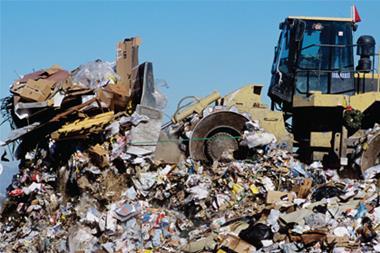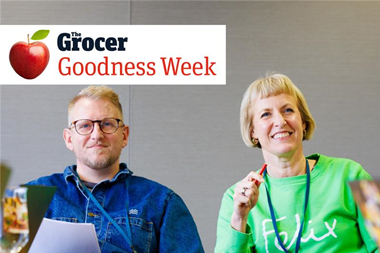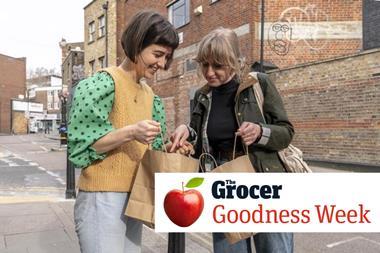As we enter a double-dip recession and shopping budgets shrink, you’d expect families to be increasingly frugal. But research shows that as a nation we continue to needlessly throw away 7.2 million tonnes of edible food annually - the equivalent of putting £12bn in the bin. What’s perhaps more surprising is that families don’t know that they’re doing it.
In fact, figures from WRAP suggest consumers could save an incredible £680 per year if they simply wasted less food. At a time when consumers’ purse strings are tighter than ever before, there’s never been a better time for us, as an industry, to step up and make a real difference.
As one of the best-known food brands in the UK, we believe it is our responsibility to ensure that future generations have food to eat. But to make this happen, we have to work together - industry, government and consumers.
This is why we debated the issue last week in parliament with MPs, food waste campaigners and key industry representatives, following a report by the Fabian Society into consumer attitudes to food waste. One of the things the report makes clear is that consumers not only care about the financial implications of wasting food, but about its environmental impact.
We all want to tackle the issue of food waste. But how do we effectively engage consumers to achieve our common goal? We believe the best approach is a collaborative one. Consumers have told us they want more help with meal planning and we’ve already seen innovative campaigns such as Change4Life’s recipe card initiative.
Planning ahead of mealtimes leads to a reduction in food waste. We also know that when consumers freeze more, they waste less. So how do we do we bring this behaviour into the home?
Education is key. By arming people with an understanding of where their food comes from and how it makes the journey from field to fork, we can encourage them to think twice about throwing it in the bin. This is why we’re working with the National Schools Partnership to help educate children and families about the journey their food takes before it arrives on the plate.
At the heart of this partnership is the conviction that we can achieve the greatest mindset shift by educating families about the benefits of frozen and offering them simple, practical solutions.
Food security is important to us all and we’ve invested heavily to make our supply chain sustainable - in fact, we recently announced that our entire cod and haddock fish finger range has achieved MSC certification. We actively support Hugh Fearnley-Whittingstall’s campaign to end the wasteful practice of discards and in 2007 we took steps to rejuvenate depleting cod stocks by pioneering the Omega 3 Fish Finger made using Alaska pollock.
By managing our waste sensibly, we will not only save money but also relieve pressure on the earth’s resources. At a time of economic difficulty, when consumers can’t afford to waste food, we should work together to get behind the issue and make the case for lasting change.
Sign in to comment on this article
Not logged in before? Register for FREE guest access today.
You will be able to:
- Read more stories
- Receive daily newsletters
- Comment on stories
Advert



















No comments yet